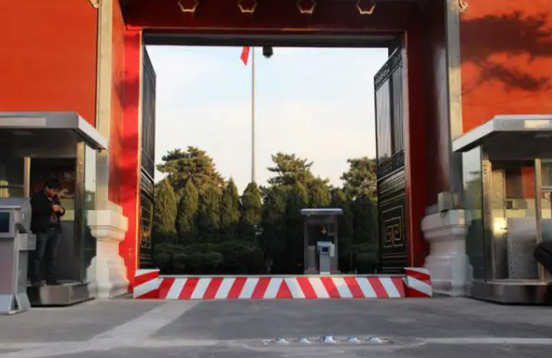When it comes to securing high-risk areas, hydraulic road blockers play a crucial role in enhancing safety and control. Understanding how these sophisticated systems operate is key to appreciating their effectiveness in various security applications.
The Basics of Hydraulic Road Blockers
Hydraulic road blockers are advanced security barriers designed to control vehicular access with precision. These robust systems are commonly employed at critical entry points such as government facilities, military installations, and high-security zones.
Key Components and Mechanism
The hydraulic road blocker consists of a hydraulic power pack, control panel, and a heavy-duty blocking element. When activated, the hydraulic power pack drives the blocking element upwards, creating a formidable barrier that prevents unauthorized vehicle entry.
Enhancing Security with Hydraulic Technology
The use of hydraulic technology ensures a swift and reliable response in deploying and retracting the road blocker. This agility is crucial in emergency situations and allows for seamless integration with access control systems, providing an additional layer of security.
Integration with Access Control Systems
One of the notable features of hydraulic road blockers is their compatibility with modern access control technologies. These systems can be seamlessly integrated with RFID card readers, biometric scanners, and other authentication methods, allowing for efficient and controlled access.
Questions and Answers
Q: How fast can a hydraulic road blocker deploy?
A: Hydraulic road blockers are designed for rapid deployment, typically taking just a few seconds to fully extend. This quick response is crucial in preventing unauthorized access and ensuring the security of restricted areas.
Q: Are hydraulic road blockers durable?
A: Yes, hydraulic road blockers are built to withstand harsh environmental conditions and heavy impact. The materials used are often corrosion-resistant and able to endure prolonged exposure to the elements.
Q: Can these systems be customized for specific needs?
A: Absolutely. Hydraulic road blockers are highly customizable to meet the specific security requirements of different locations. This includes adjusting the height, width, and control options to suit the application.
Conclusion
As technology continues to evolve, hydraulic road blockers remain at the forefront of modern security solutions. Their robust design, swift deployment, and integration capabilities make them an indispensable tool in safeguarding critical infrastructure and high-security areas.
Investing in a hydraulic road blocker not only enhances security but also provides peace of mind, knowing that your premises are fortified against unauthorized vehicular access.


